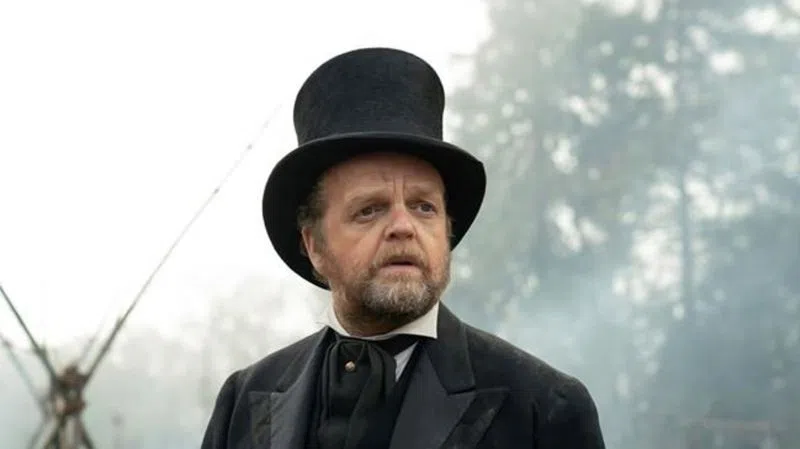
Review: ‘First Cow,’ a western fable of unpasteurized poetry
The American West is about as well-trod territory as there is in movies, but Kelly Reichardt keeps unearthing new treasures.
Her latest excavation, “First Cow,” is her most sublime yet. Like many of Reichardt’s previous films, it’s set in Oregon but in a seemingly unremarkable in-between moment in history. It’s a tale literally dug up. In its opening scenes, a contemporary woman and her dog are walking near a broad river where an oil tanker slowly glides past. The dog sniffs something first, then the woman sets to clawing the dirt away.
Her find can only be mysterious to her; it reveals nothing for posterity or science. Just some eternal truths, and one achingly lovely yarn that reaches, through time and cinema, to today. “First Cow” leaps back to the Oregon Territory of the 1820s, where a pair of aimless and impoverished travellers are brought together by circumstance, kindness and baked goods.
Otis, known as “Cookie” (John Magaro), is a cook for a band of trappers who gruffly order him around. Shortly before coming to a sparsely populated trading post, he encounters King-Lu (Orion Lee), a Chinese immigrant who, having been sought for murder, Cookie finds cowering naked behind a fern.


